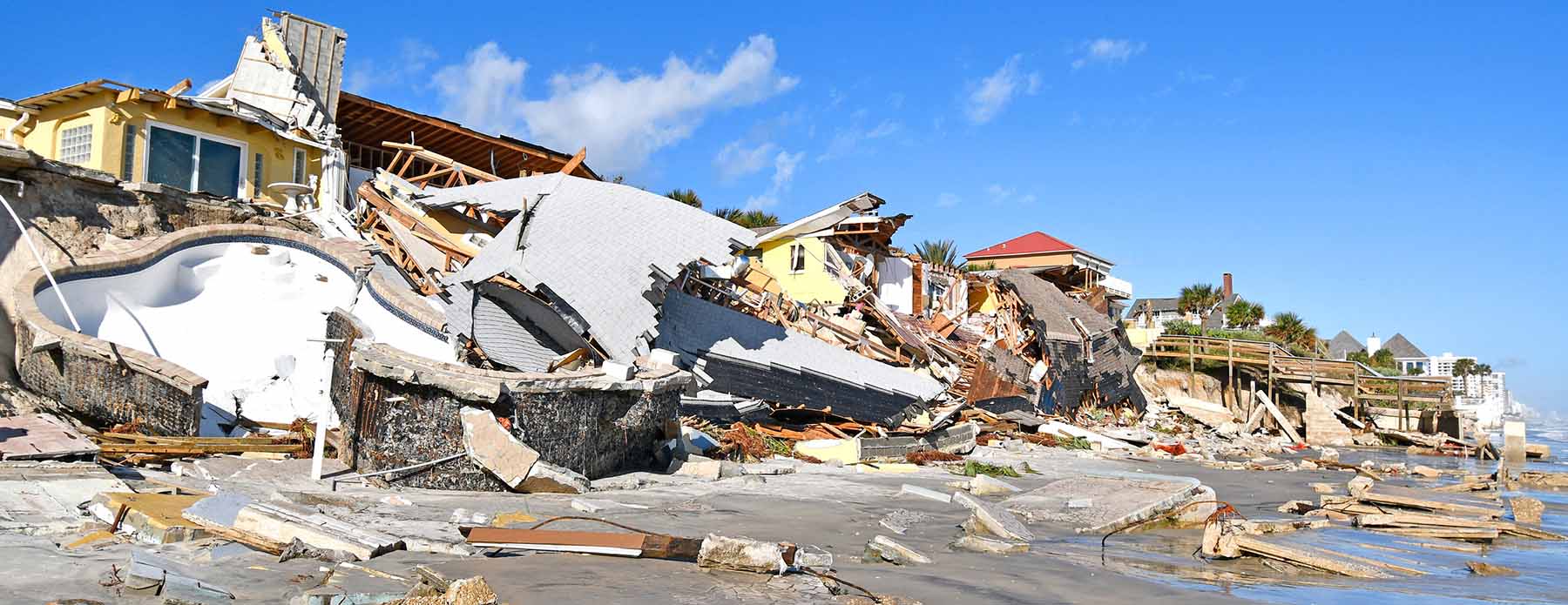By: Henry Chen
For most of the United States, late summer and nearly the whole autumn is the Natural Disaster Season. People on the Atlantic Coast receive a lot more rain during this time period, while people on the Pacific Coast, as well as some other states closer inland, get raging wildfires with smoky, low-quality air as a side-effect. The people in the Central United States are pretty safe as their tornado season is during May and June, according to the National Severe Storms Laboratory (NSSL) of the National Oceanic and Atmospheric Administration (NOAA). However, both coasts will suffer an inconceivable amount of damage during this timespan.
Beginning in California, several severe fires have started there before the fire season even began. With the Post Fire and the Borel Fire burning away expansive amounts of land, 2024 will definitely be on the more devastating side of fire seasons. Since large fires are just the beginning, these flames will only get more massive as they get harder and more intense to tackle. Next, jumping a long hop across to Florida, where intensive damage has ripped up a vast amount of personal property and real estate. Tropical Storm Debby has already caused an incredible amount of destruction to Florida and will cause heavy damage to a few more states. In a New York Times article, authors Orlando Mayorquín and Judson Jones stated, “A hurricane warning was in effect for the Florida Gulf Coast, and tropical storm warnings and storm surge warnings were in place for along the coasts of Florida, Georgia, and South Carolina. Up to 10 feet of storm surge was expected in some areas.” These warnings show how serious things can get in 2024, as for both sides of the US, heavy conditions are already being met at the start of the Natural Disaster Season.
With intense storms and fires in different parts of the US, the period of time called Natural Disaster Season in 2024 will be hectic, intense, and dangerous. So, get ready for unprecedented events, as never have such heavy conditions come down this early.











